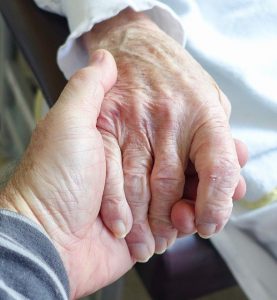
Euthanasia is legal in Canada.
Medical Assistance in Dying (MAID), assisted suicide, was made legal in Canada as of 2016. Doctors are required to participate in euthanasia regardless of their conscious rights.

Pain is not the top reason why people ask to be euthanized.
Depression, loneliness and feeling like a burden are the top reasons people ask to be euthanized.

Euthanasia is being abused by medical professionals.
Studies of other countries with legalized euthanasia show that medical professionals do not properly report cases of euthanasia, especially when mentally ill persons are involved.
What is Euthanasia?
Euthanasia and Assisted Suicide are different means to the same end.
History of Euthanasia in Canada










